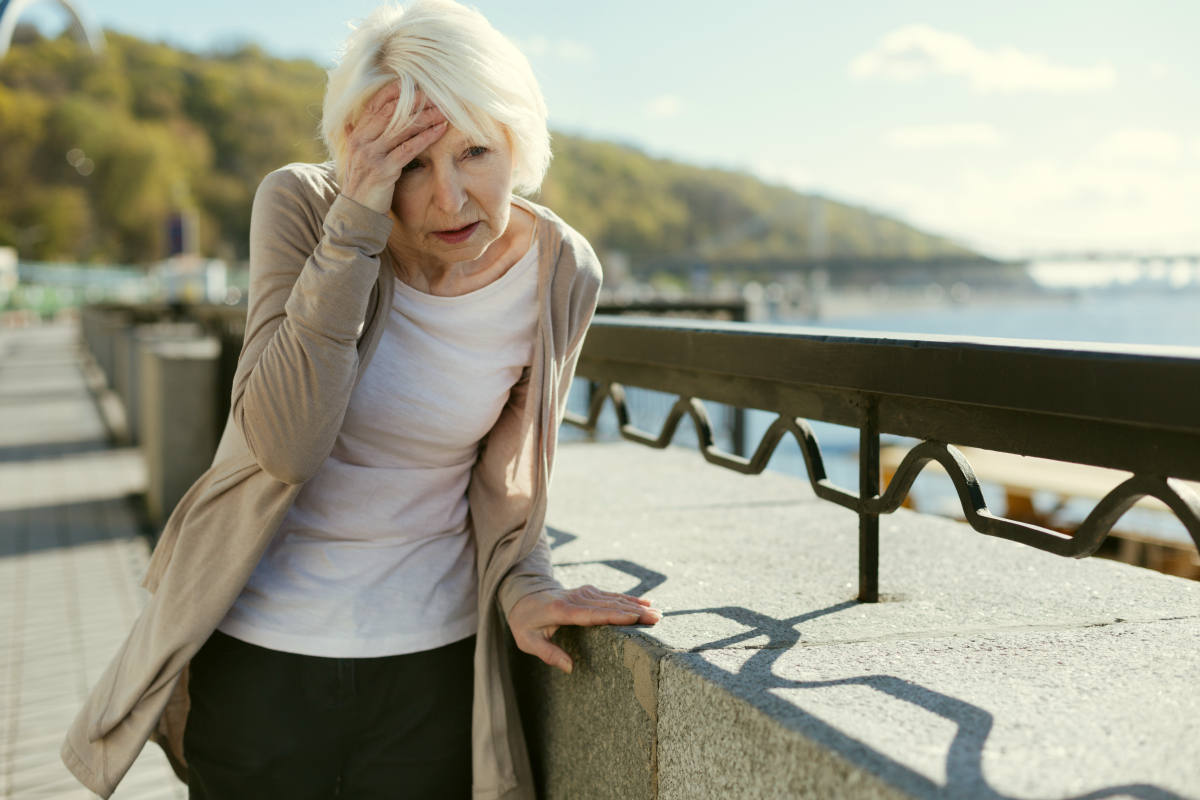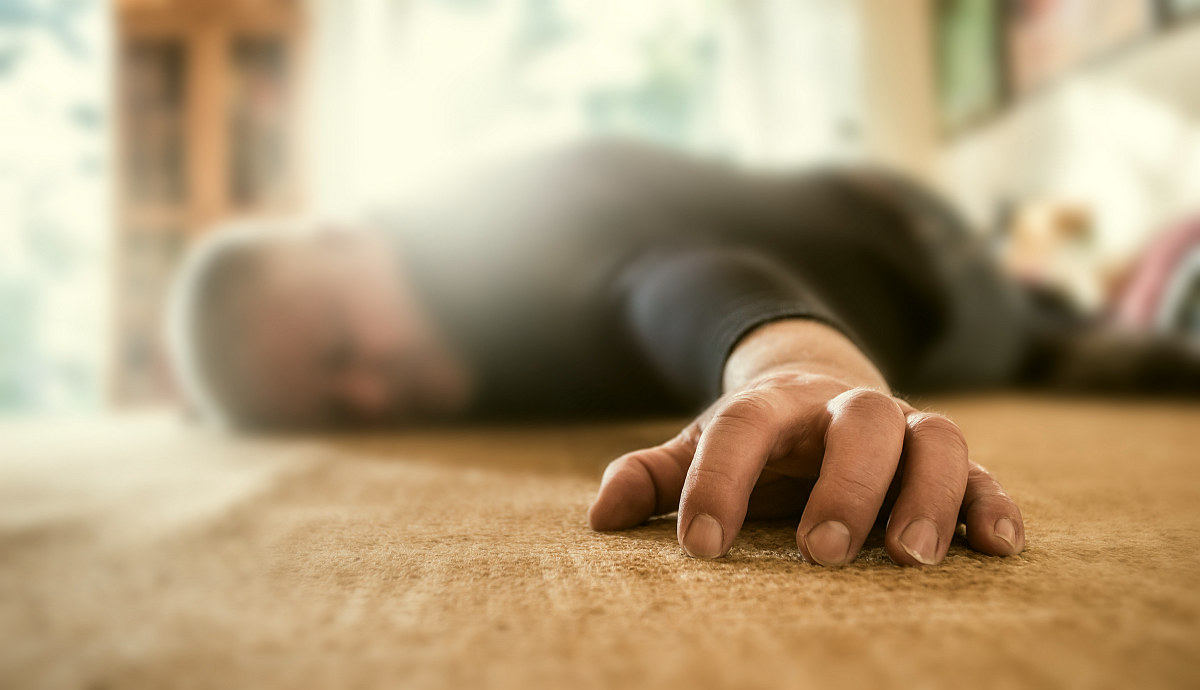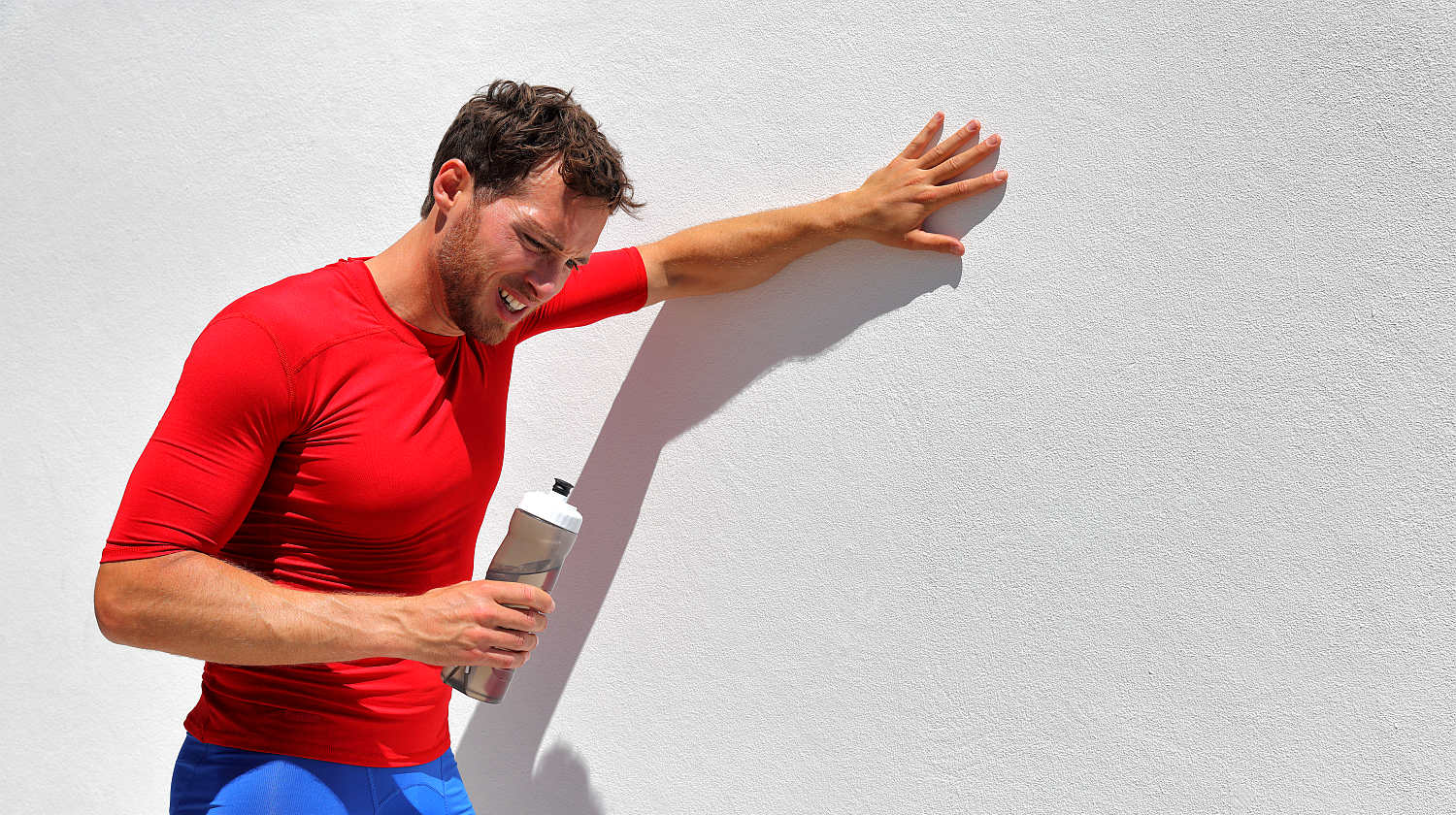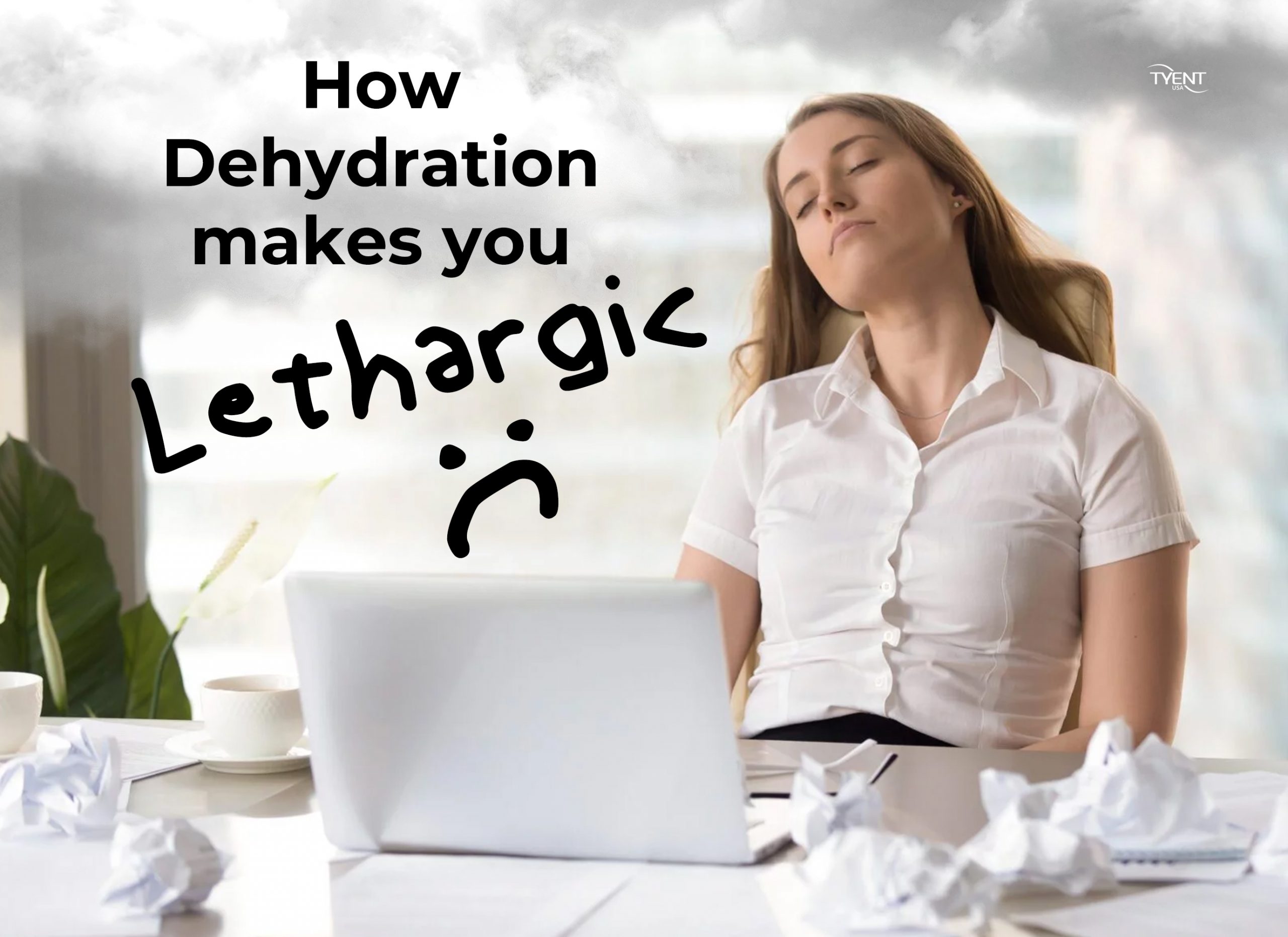Suffer no more from dehydration signs and symptoms after reading this.
RELATED: How To Drink More Water | 11 Ways To Stay Hydrated
In this article:
- What Is Dehydration?
- Who Are at a Higher Risk of Dehydration?
- What are the Dehydration Signs and Symptoms?
- Why Do You Experience Dehydration?
- Where Does Dehydration Lead to?
- When Should You Visit a Doctor?
- How Do You Prevent Dehydration?
Dehydration Signs | What You Should Know
What Is Dehydration?
Dehydration happens when your body loses more fluids than what you take in. This affects your body’s normal functioning.
Who Are at a Higher Risk of Dehydration?
Anyone can be dehydrated and may experience dehydration signs, but the condition is riskier for some.
- Children. When young children experience severe vomiting and diarrhea, they become dehydrated.
- Elderly. Older adults commonly become dehydrated because they have a low volume of water in their body.
- People residing in places with a hot climate. High temperatures speed up water evaporation.
- People with chronic illnesses. Those with kidney diseases take medications that may increase urine output.
- Those who exercise or work under the sun. Sweat can’t evaporate and cool you quickly, leading to increased body temperature and thirst.
What are the Dehydration Signs and Symptoms?

Thirst is the defining sign of dehydration. Other dehydration signs and symptoms by age include:
For older adults:
- confusion
- dizziness
- fatigue
- dark-colored urine
- less frequent urination
- extreme thirst
For young children:
- irritability
- sunken soft spot on the top of the skull
- sunken eyes or cheeks
- no wet diapers for 3 hours
- no tears when crying
- dry tongue and mouth
Why Do You Experience Dehydration?
Dehydration occurs for a simple reason — you don’t have enough water in your body. This happens because of:
- Increased Urination
Increased urination may be caused by uncontrolled or undiagnosed diabetes. Certain medications, such as for blood pressure, can lead to dehydration as a side effect.
- Excessive Sweating
As you sweat, you lose fluids. Excessive sweating happens mostly to people who are physically active, and the problem occurs when they don’t drink enough water.
Hot, humid weather can also increase sweating, and this affects both physically and non-physically active people.
- Fever
Fever primarily leads to dehydration if you don’t drink enough water. The higher your temperature is, the more prone you are to dehydration.
- Diarrhea with Vomiting
Acute or severe diarrhea puts a person at risk of dehydration because of excessive fluid output.
Where Does Dehydration Lead to?

Dehydration may lead to complications if left unmanaged:
- Low Blood Volume Shock
Shock can happen when a low blood volume causes a drop in the level of oxygen and blood pressure. This can be life-threatening at some point.
- Seizures
When you’re dehydrated, you lose a lot of electrolytes in your body, which prevents the smooth communication of electrical signals from one cell to another. As a result, there’s a mix up among electrical messages, leading to loss of consciousness or involuntary muscle contractions.
- Kidney Problems
Prolonged or repeated period of dehydration can cause kidney failure, kidney stones, or urinary tract infections.
- Heat Injury
Heat injury occurs when the body’s water level drops because of excessive physical activity. It can range from mild to severe heat cramps, heat exhaustion, or even life-threatening heat stroke.
When Should You Visit a Doctor?
There are dehydration signs that need immediate medical attention:
- black or bloody stool
- inability to keep down fluids
- irritability or disorientation
- sustained exhaustion or sleepiness
- diarrhea for 24 hours
How Do You Prevent Dehydration?
https://www.instagram.com/p/BoIeFgRF2uo/
- Drinking plenty of water each day is a great preventive measure for dehydration; if you’re thirsty, drink water and don’t wait for dehydration signs to occur. The increased pH level in alkaline water makes it more hydrating so be sure to choose this.
- Consume foods rich in water like fruits and veggies.
- Avoid or limit drinking alcohol, coffee, soft drinks, and tea because they trigger dehydration.
- When you’re outside and it’s hot and humid, fuel your body with water and electrolytes to replace what you lost.
ThePatriotNurse shows us how to quickly detect if you’re dehydrated:
Dehydration signs can be prevented when you drink plenty of water each day.
Apart from water, you need to replenish your electrolytes as well. This is why alkaline water is better for drinking. It doesn’t filter out the minerals and elements the body needs to stay hydrated.
How do you stay hydrated? Let us know in the comments section!
Up Next:










Bookmarking this for future reference.
Hi, Weston. Good to know that you find our article useful!
Hi am I hydrated if my pee is clear every time I go to the bathroom and I drink enough water? Around a glass every hour or two?
Hi, Lily. It sounds like you’re hydrating yourself well! 🙂 Be sure to keep track of how often you urinate so that you’ll know if it gets excessive.
Nice tips for the summer. We should always bring our own jug, preferably with ice-cold water.
Hi, Laken. Thanks for your comment! We always recommend carrying a portable water supply wherever you go to make sure you never get dehydrated.
Been feeling kind of dizzy lately even if it isn’t warm outside. I drink loads of alkaline water, though, so I don’t know why I’m like this.
Hi, Emma. I’m sorry to hear about your dizziness, but it’s good that you’re keeping yourself hydrated with alkaline water. Still, I would recommend contacting your general health practitioner for a full assessment.
Dehydration is especially worrisome come the summer season. Everyone’s out having fun on the beach or in parks and sometimes, they may not even remember to drink water.
Hi, Shelby. It’s good to keep those situations and risks in mind. That’s why we always advise bringing a full jug or two of water — specifically Tyent’s alkaline water — everywhere you go to help you stay hydrated.
It’s much worse when the weather gets super duper hot during summer. Thanks for sharing!
Hi, Kendall. That’s right, which is why we always advise bringing a jug or tumbler full of alkaline water everywhere you go.